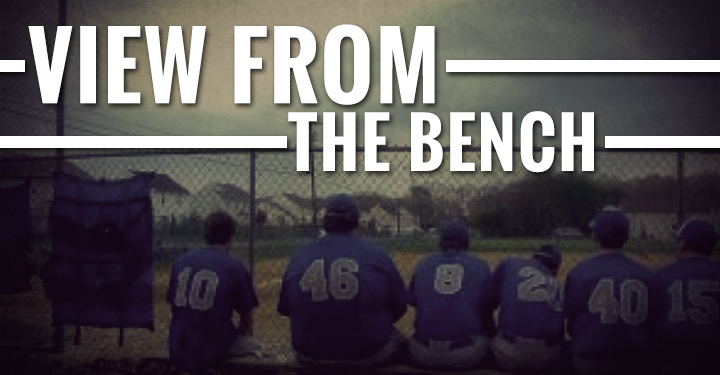As the 2014 Baseball Season comes to an end with a thud here in Phoenix, it is good to turn attention to anything that takes away the focus from the dismal Diamondback season. So I came across a little known story that as of November, will have its 80th Anniversary.
Following the 1934 baseball season and seven years before the US and Japan went to war following the bombing of Pearl Harbor, major league baseball sent a group of its ambassadors to Japan to put on a baseball exhibition. This included Hall of Famers and All-time greats Babe Ruth, Lou Gehrig, Lefty Gomez, Charlie Gehringer and Jimmie Foxx. The Japanese people embraced the American baseball stars, and they lined up for hours to secure seats to one of the exhibition games. The US defeated the Japanese teams, but the trip is better known for the fact that it was the final impetus for the development of professional baseball in Japan. The first professional Japanese team was formed about one month after the Ruth and company left to head back to the US. The first team’s original name was “Dai Nippon Tokyo Yakyu Kurabu,” (which translates to something like the “Great Japan Tokyo Baseball Club”) but was soon after renamed to the Tokyo Giants.
The 15-player US squad also included a “journeyman” catcher named Moe Berg. No one was sure how or why Berg, who was a career third-string catcher, was included on the squad among the likes of Ruth and Gehrig. After all, Berg played for 15 seasons in the Major Leagues and averaged about 140 at bats per season, completing his career with a .243 batting average and a total of 6 home runs. So how and why does Berg fit into this story?
Well, this is where history collides with baseball. While the team was engaged in one of the welcoming festivities in Tokyo, Berg did not join them but instead, went off to visit with a family member of a US Diplomat who was in a hospital in Tokyo. Despite arriving at the hospital, the visit never took place. Rather, Berg went to the roof of the hospital, which was then one of the tallest buildings in Tokyo.
No one on the US squad or among the Japanese dignitaries knew that this “run of the mill” major league catcher was actually a spy for the United States. While on the roof, Berg filmed various areas of Tokyo, including the harbor, military sites, and the railway system. Eight years later, when US General Jimmy Doolittle planned his April 18, 1942 air raid on Tokyo during the height of World War II, he used Berg’s films to help formulate the attack. This “Doolittle Raid” proved to be one of the turning points in the war as prior thereto, the Japanese believed that the US was incapable of being able to strike their homeland, given the great distance.
Berg’s impact on our history went further during World War II. While working for the Office of Strategic Services (which later became part of the CIA), Berg attended a lecture in Zurich to determine how close the Nazi’s were to developing a nuclear weapon. Berg had orders to shoot the lecturer, Werner Heisenberg, and then kill himself if he concluded that Heisenberg’s work was nearing the final development of a nuclear weapon. Berg concluded that the Nazis were not close to having nuclear power and so reported back to the US. President Roosevelt and others in power relied upon Berg’s findings in their final strategies in defeating the Nazis, thanking “the catcher” for his work. Berg is the only person whose baseball card in on display in the Central Intelligence Agency Headquarters.
No one remembers Moe Berg and hopefully, many will not remember the 2014 baseball season for the D-Backs. But for today, let’s revel in a story that began 80 years ago relating to baseball that don’t require us to think about misguided trades, Tommy John surgery or a team with little direction.


